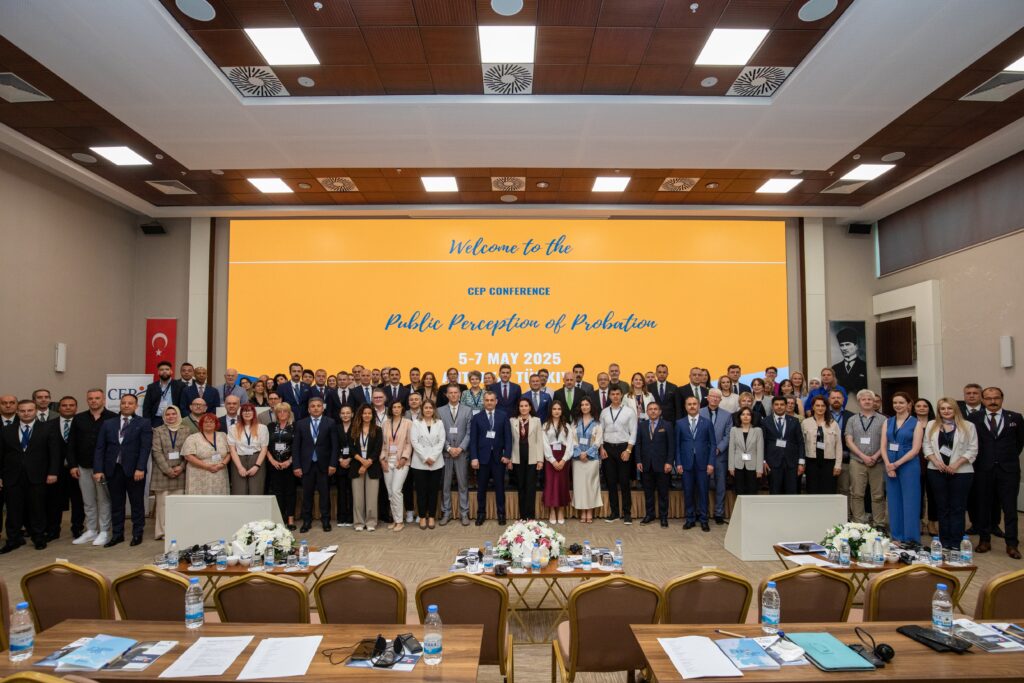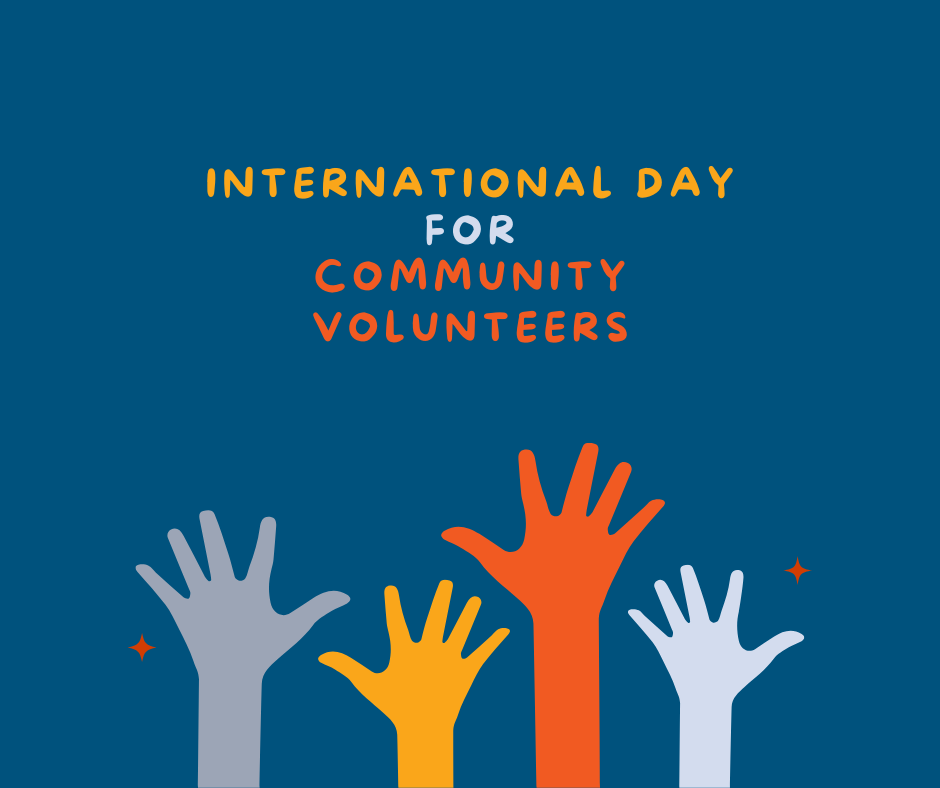Previous Article
News
EU’s cross-border instruments on criminal detention could improve social rehabilitation and more
This article is written by: Jonas Grimheden, Senior Policy Manager at the European Union Agency for Fundamental Rights. (This contribution is made in an individual capacity and any view expressed does not necessarily represent that of his employer.)
In the first decade of this century, the European Union adopted several instruments with relevance for criminal detention and alternatives. The potential of some of these instruments in terms of their stated goals should be further tapped to ensure an effective area of justice. Doing so would lead gains in terms of:
- Increased mutual trust between the EU Member States;
- Better compliance with international human rights law obligations of the EU Member States;
- Cost savings;
- Reduced recidivism.
The 2002 European Arrest Warrant is relatively well-known in the EU, this is much less the case for the three somewhat similar instruments adopted in 2008–2009 (see Criminal detention and alternatives): the Framework Decisions on transfer of prisoners (2008/909), probation and alternative measures (2008/947) and the so-called European Supervision Order (2009/829), that all were to have been implemented by late 2012. Actually it took several more years to implement them, and the actual application to date has not been that significant, even though the usage is increasing. There are several reasons for the slow implementation and low usage but rather than focusing on these, the listed four points on potential gains will briefly be explored.
Mutual trust
Firstly, mutual trust in criminal justice is not self-evident. Justice professionals in a Member State do not necessarily perceive of, or know, justice, prison or probation systems in other EU Member States to be at a ‘sufficient level’ to transfer a suspect, accused or sentenced person without reflection. The Court of Justice of the European Union in the important Aranyosi and Căldăraru ruling (Joined Cases, C-404/15 and C-659/15 PPU, Pál Aranyosi and Robert Căldăraru, 5 April 2016) underscored that there is even an obligation (in relation to an EAW) to consider detention conditions before proceeding with a transfer. The better the situation of fundamental rights is, such as detention conditions, the stronger the mutual trust. Making use of the actual overarching goals of the three Framework Decisions from 2008 and 2009, of social rehabilitation and greater use of alternatives to detention, would boost mutual trust among the EU Member States.
Better compliance
Secondly, international human rights law, such as expressed in Article 6.1 of the so-called Tokyo Rules (the UN Standard Minimum Rules for Non-custodial Measures), refers to pre-trial detention as a means of “last resort” as does Article 37 (b) of the UN Convention on the Rights of the Child. Detention as a last resort is in particular the requirement during pre-trial, when the suspected or accused person should enjoy the presumption of innocence. Statistics such as that from the EU-funded, Council of Europe data (SPACE) show that overcrowding is a fact in several EU Member States, and the sheer number of detentions indicates that detention is far from being the last resort. As someone suggested in a discussion on alternatives to detention: we should not talk about alternatives to detention but about alternatives to non-custodial measures. In this way non-custodial measures is the default.
Reduce costs
Thirdly, the high number of detentions, and even long detention periods, both pre- and post-trial, is costly for the public purse. Reduced detention and greater use of alternatives would reduce spending.
Reduce recidivism
Fourthly and finally, recidivism could reasonably be reduced if the three instruments were to be applied more systematically. Reduced overcrowding, more attention to social rehabilitation where education and job-training, as well as civic and social preparation for a ‘return’ to society is central. And overall greater use of alternatives to detention would likely contribute to fewer crimes being committed, as better ‘socially rehabilitated’ persons or persons who have not even been ‘de-habilitated’ by being detained to begin with, are less likely to commit crime.
In addition to boosting mutual trust, bringing EU Member States in line with international human rights law and reducing costs, greater application of the three instruments would likely also reduce recidivism and the risk of radicalisation by providing for more humane detention conditions. The stated goals of the three instruments of increased social rehabilitation, if taken in its reasonably wide sense, and reduced use of detention are worthy of greater attention to tap their full potential.
In order to see more rapid progress, the European Union Agency for Fundamental Rights has suggested that “the availability of EU funds could be linked to recommendations by monitoring mechanisms, such as the European Committee on the Prevention of Torture (CPT), on detention conditions, so as to create incentives, and realistic opportunities, for addressing identified shortcomings as a priority.
EU Member States have largely implemented, and started applying, three instruments on transferring prison sentences, probation measures and alternative sanctions, as well as pre-trial supervision measures, to other Member States. This report provides an overview of their first experiences with these measures, highlighting both best practices and shortcomings. Click here to read the report.

Related News
Keep up to date with the latest developments, stories, and updates on probation from across Europe and beyond. Find relevant news and insights shaping the field today.
Recap

CEP Events, Communication and Awareness-Raising
Recap: Conference on Public Perception of Probation
06/05/2025
From 6 to 7 May, the CEP Conference on the Public Perception of Probation in Europe took place in Antalya, Türkiye, bringing together over 100 participants from more than 20 countries. The event offered space for open discussion, exchange of experiences, and practical ideas on how probation is seen and supported across Europe.
New

Probation in Europe
New Interview Online with Felix Gerike, a survivor of a knife attack
01/05/2025
What do victims of violent crime need to recover—and what can be done to prevent such attacks?
In the latest episode of Division_Y, Jo Tein, CEP board member, speaks with Felix Gerike, a survivor of the 2023 Brokstedt knife attack in Germany. Felix played a crucial role in disarming the attacker, helping to prevent further harm. He shares his personal experience, reflections on victim support, and his views on justice and policy responses to violent crime.
Probation in Europe
New Executive Summaries for the report on Building Probation Capacity in Spanish and Italian
01/05/2025
Updated

CEP Board, Probation in Europe
New Interview Online: Maren Michels – The Role of NGOs in Probation
22/04/2025
In the newest Division_Y interview, Maren Michels, director of the Hamburg Welfare Association, shares her experiences and reflects on the vital role that NGOs play in supporting people during and after incarceration.
New

CEP Events
Want to Win a CEP Award? See How Finland Did It – Apply for 2025!
22/04/2025
We’re excited to share an exclusive interview with the winners of the Development of National Probation Services Award from the CEP Awards 2022:
The Prison and Probation Service of Finland.
New

Volunteers
International Day for Community Volunteers
17/04/2025
17 April – International Day for Community Volunteers!
Today, we celebrate the inaugural International Day for Community Volunteers Supporting Offender Reintegration—a day dedicated to acknowledging the vital contributions of volunteers who assist individuals in their journey back into society.
This initiative was launched during the 2nd World Congress for Community Volunteers, held alongside the 6th World Congress on Parole and Probation in The Hague (16–18 April 2024).
At CEP, we’re proud to support the official Declaration on the International Day for Community Volunteers. We’re also actively involved in the CoPPer project—a European initiative aimed at promoting community participation in probation services. CoPPer focuses on training volunteers to support individuals under supervision, helping them access education, employment, and community connections.
A heartfelt thank you to all the community volunteers out there—your dedication makes a real difference.
Subscribe to our bi-monthly email newsletter!
"*" indicates required fields
- Keep up to date with important probation developments and insights.

